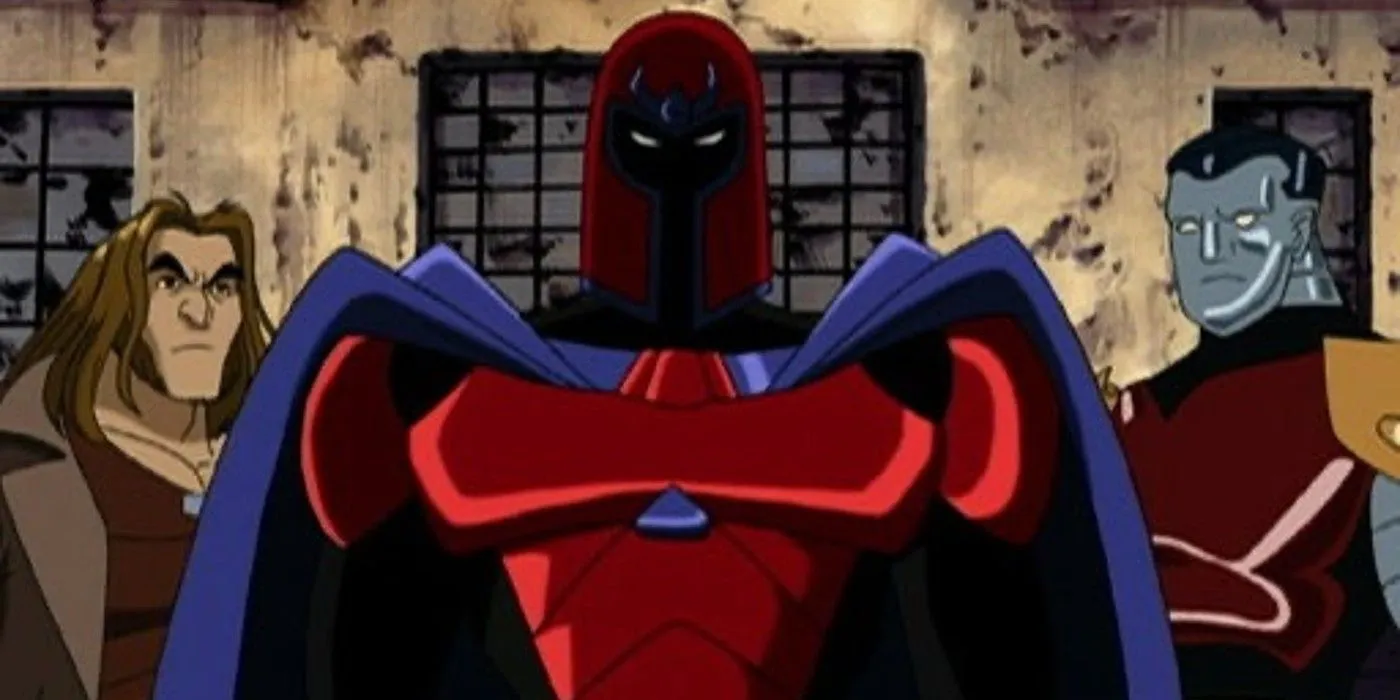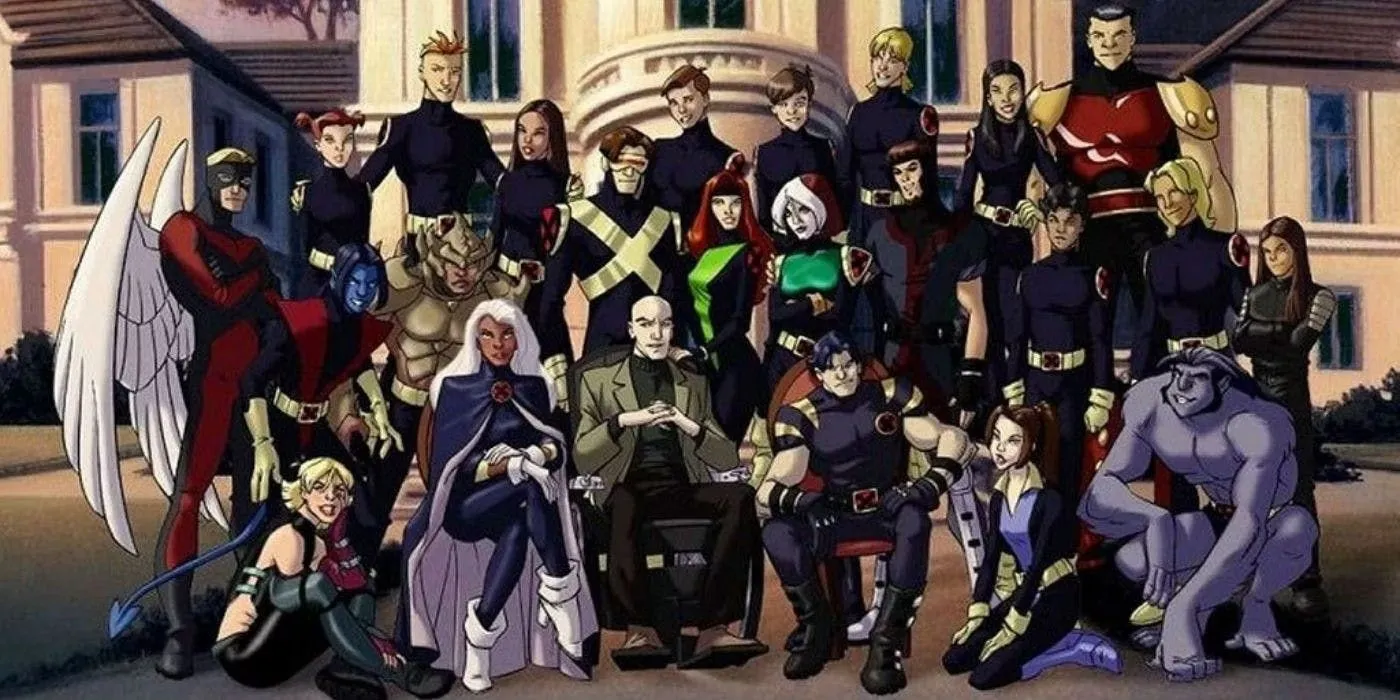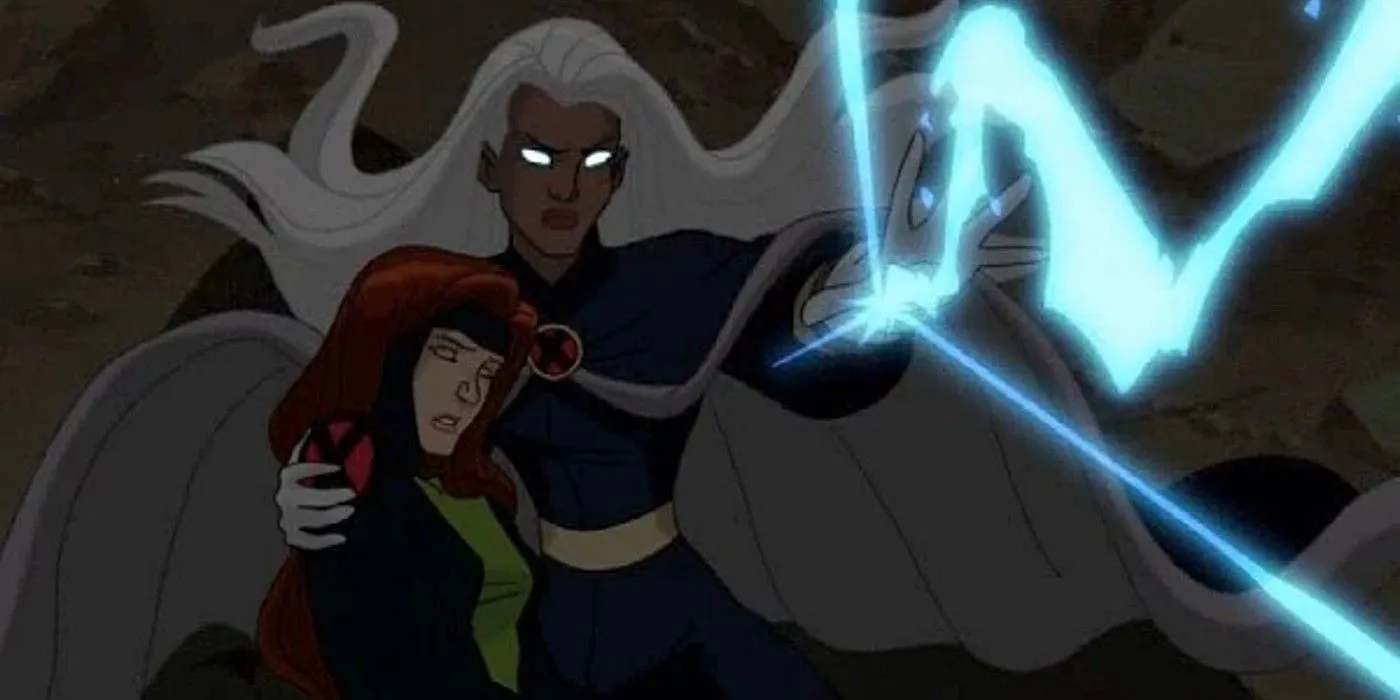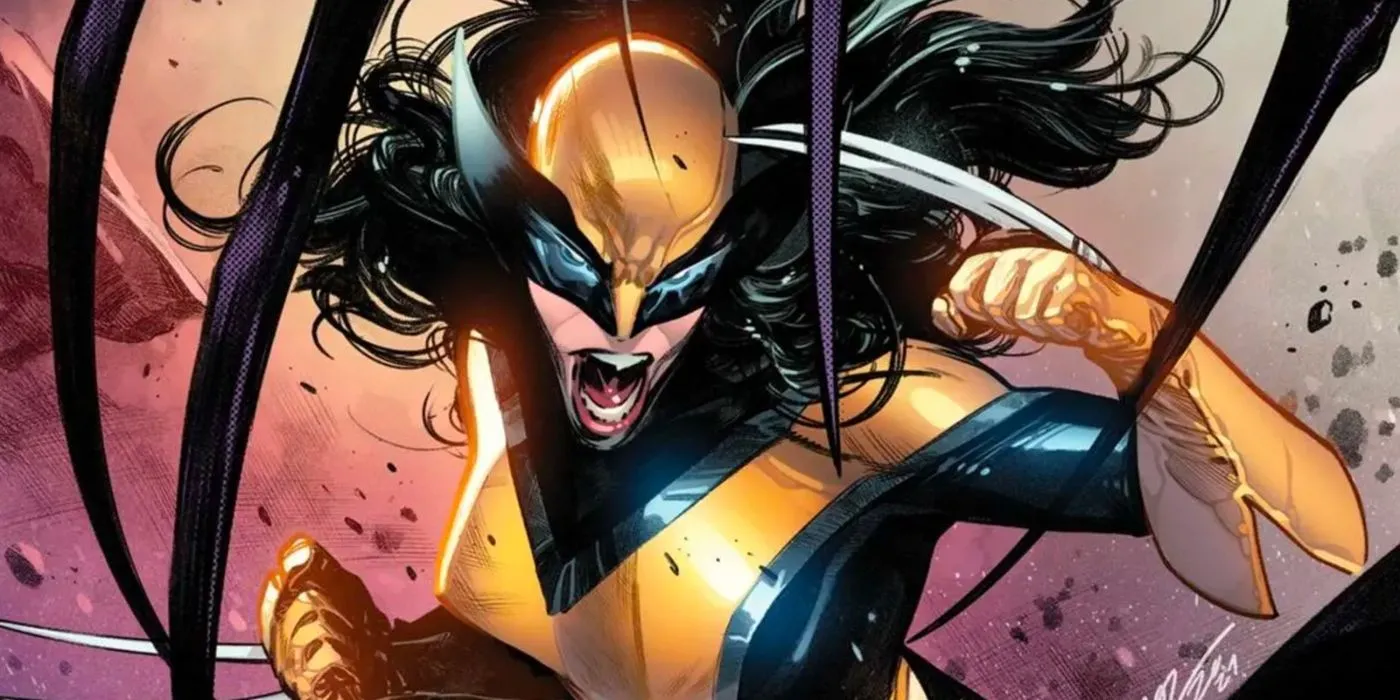
Marvel’s mutants are once again shining in the world of animation, making it an opportune moment to explore an often-overlooked X-Men series that concluded in 2003. X-Men: The Animated Series is back in the spotlight, and rightfully so. While X-Men ’97 generated immense anticipation and proved to be one of Marvel’s standout projects, it calls into question the legacy and impact of earlier incarnations, particularly the original animated series.
Though X-Men: The Animated Series holds an iconic status, it is essential to recognize that it isn’t the only noteworthy show in the X-Men franchise. Airing just a few years after the beloved animated series was X-Men: Evolution, which premiered in 2000 and ran for four seasons, offering a fresh and engaging perspective on the mutant saga.
Why Isn’t X-Men: Evolution as Celebrated as X-Men: TAS?
Competing for Attention

X-Men: Evolution provided intriguing versions of cherished characters and enjoyed a respectable four-season lifespan. Yet, it doesn’t receive the same level of nostalgia as X-Men: The Animated Series. Several factors contribute to this disparity. Primarily, Evolution wasn’t the first of its kind; rather, it built upon the success of its predecessor. Additionally, it aired only three years after X-Men: The Animated Series concluded, making it seem less groundbreaking.
With Season 1 of X-Men ’97 now behind us, fans may be eager for more mutant adventures as they wait for Season 2 and the anticipated MCU reboot of the X-Men. This context makes X-Men: Evolution an excellent choice for binge-watching. Despite taking creative liberties with character arcs and storylines, the portrayal of Xavier’s school as a genuine educational institution offers a refreshing angle, and the entire series is available for viewing on Disney+.
A Genuine Look at Xavier’s School
Embracing Educational Dynamics





Much like Batman: The Animated Series, X-Men: The Animated Series is celebrated for its exemplary voice acting and its faithful adaptation of beloved comic book narratives. In contrast, X-Men: Evolution opts for a groundbreaking approach by depicting younger versions of the iconic characters, enabling innovative retellings of classic stories within a school environment. Although some viewers may have perceived it as tailored for younger audiences, this backdrop allows for a more profound exploration of the X-Men ethos.
Xavier’s role as the head of a school for gifted youngsters is often sidelined in other adaptations. However, X-Men: Evolution delves into the educational aspects and social challenges faced by its mutant characters. The series shifts its focus from global conflicts to intimate, character-driven narratives—reflecting the moral dilemmas and personal struggles central to the X-Men universe.
Significant Contributions to the X-Men Canon
Introducing Wolverine’s Daughter





In the realm of animated adaptations, X-Men: Evolution holds the distinction of introducing X-23, a groundbreaking character in Wolverine’s legacy. Originating as a clone of Wolverine produced through Hydra’s manipulative experiments, X-23 eventually became a significant figure within Marvel Comics and starred as a co-lead in the film Logan. Her journey from being a conditioned assassin to asserting her identity and confronting her creator is a compelling narrative arc that resonates deeply with audiences.
While the origins of X-23 have seen various adjustments in the comics, her debut in X-Men: Evolution remains a pivotal moment in Marvel history, showcasing the complexities of her character and the broader themes of identity and acceptance in the X-Men narrative.
|
Upcoming MCU Movies |
Release Date |
|---|---|
|
Deadpool & Wolverine |
July 26, 2024 |
|
Captain America: Brave New World |
February 14, 2025 |
|
Thunderbolts* |
May 5, 2025 |
|
The Fantastic Four |
July 25, 2025 |
|
Blade |
November 7, 2025 |
|
Avengers 5 |
May 1, 2026 |
|
Avengers: Secret Wars |
May 7, 2027 |




Leave a Reply